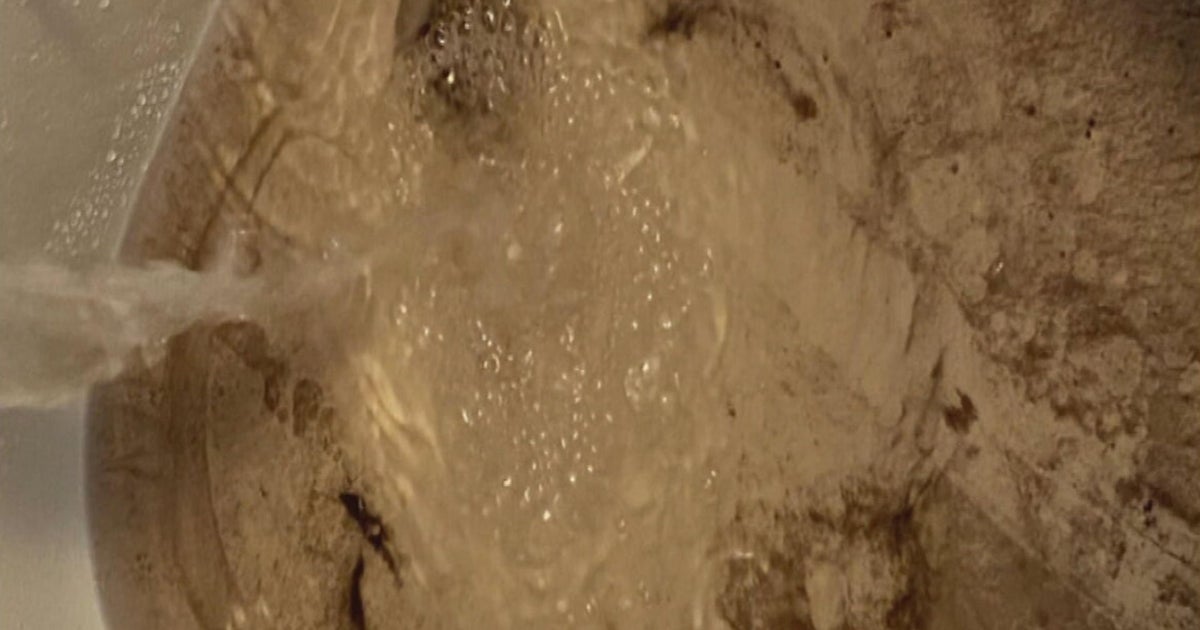Big change proposed for law that sent $3 billion back to Massachusetts taxpayers
BOSTON - Top House lawmakers are proposing a key change to a once-obscure state law that sent nearly $3 billion back to Massachusetts taxpayers last fall.
"Chapter 62F," a ballot question approved by voters in 1986, calls for tax rebates when the state budget is overflowing.
"The credit shall be applied to the then current personal income tax liability of all taxpayers on a proportional basis," the law states, and about 3 million taxpayers got a check late last year for roughly 14% of what they paid in personal income tax for 2021.
But instead of a percentage of what was paid, House Leadership on Tuesday said they want all taxpayers to get back the same amount if 62F is triggered in the future.
"Currently, the credit is applied to the personal income tax liability of all taxpayers on a proportional basis, resulting in higher credits for those who paid more in taxes," Speaker Ron Mariano's office said in a statement. "The bill proposes adjusting the credit to an equal amount per taxpayer, rather than a rebate based on a percentage of what taxpayers paid the Commonwealth."
The change is part of a $1.1 billion "comprehensive tax relief package," which Mariano said aims to make Massachusetts more affordable for residents and more competitive in attracting businesses to the state.
Other adjustments proposed by leading House Democrats include creating a $600 child and dependent tax credit, raising the estate tax threshold from $1 million to $2 million, lowering the short-term capital gains tax from 12% to 5%, and raising the rental deduction cap from $3,000 to $4,000.




